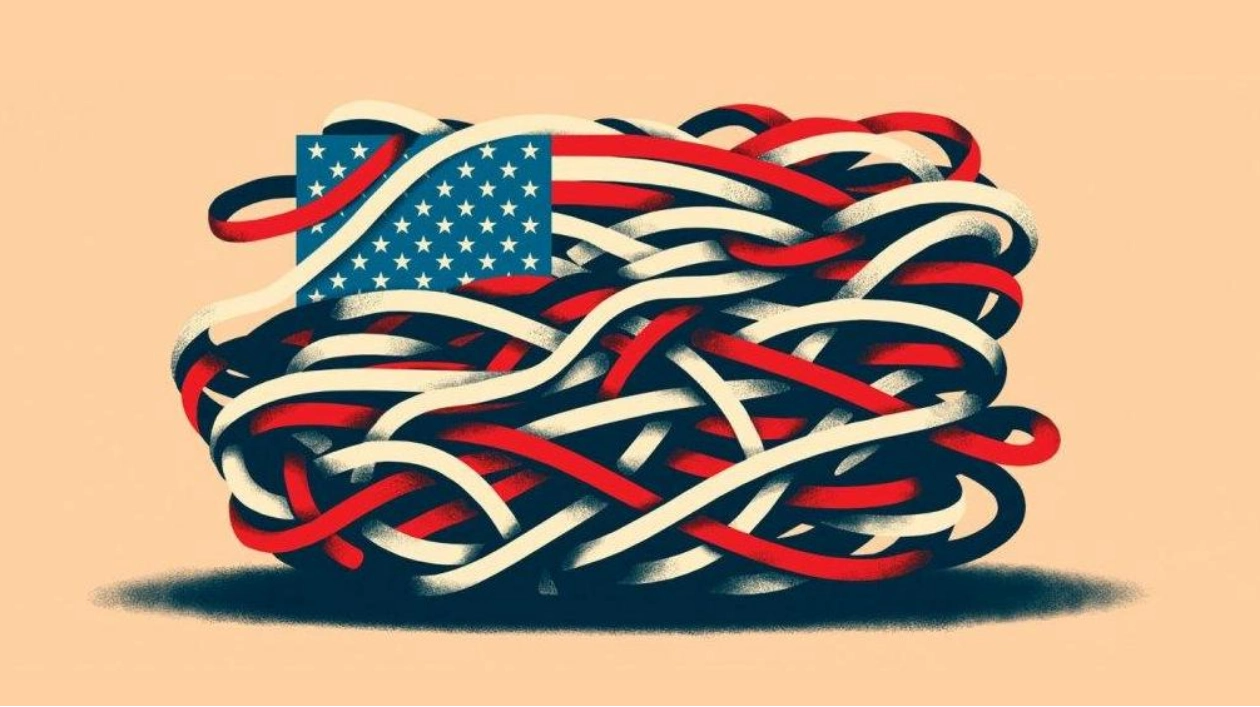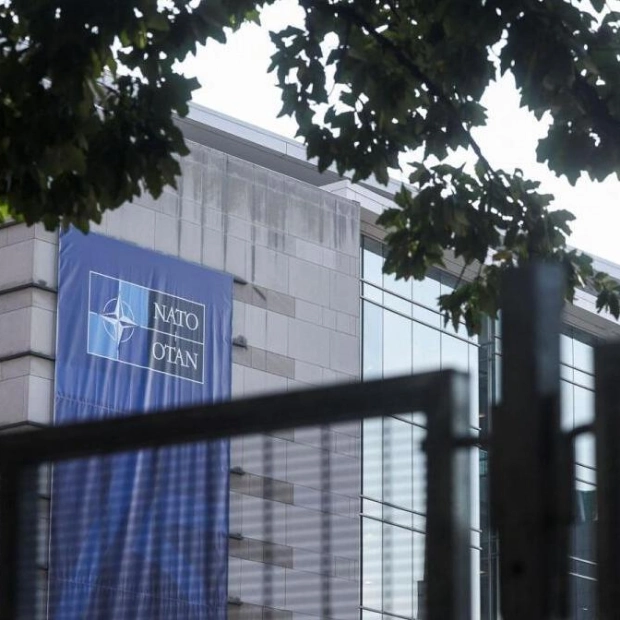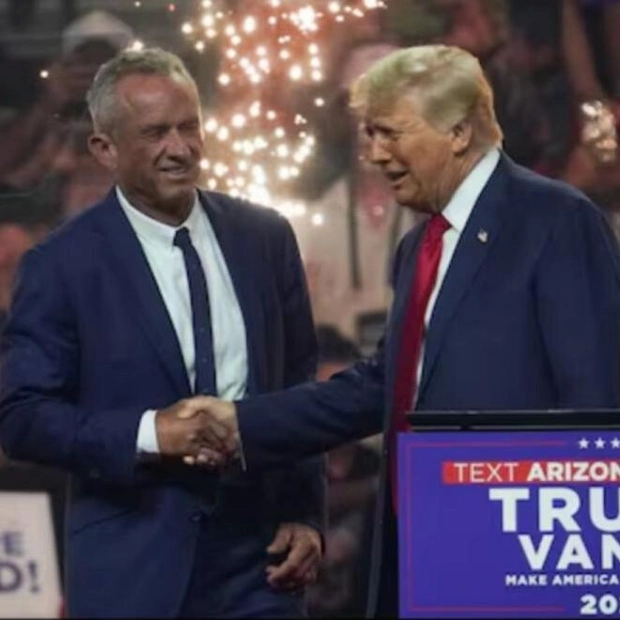The United States' image as a beacon of democracy seems to be fading. A recent poll revealed that nearly three-quarters of Americans believe the country was once a model democracy but has fallen short in recent years. This sentiment is echoed internationally, with majorities in Canada, the United Kingdom, Germany, Japan, and South Korea agreeing with the same statement. Over 60 percent of Americans in a December 2023 poll fear that the upcoming presidential election could jeopardize democracy, with Republicans viewing Democratic candidates as threats and vice versa.
The specter of the January 6, 2021, Capitol attack looms large, raising doubts about the fairness and peacefulness of the November 5 election. The Varieties of Democracy (V-Dem) index, which focuses on free and fair elections, shows a slight decline in U.S. democracy over the past decade. Political scientists are divided on interpreting this decline, but Rachel Beatty Riedl of Cornell University emphasizes the importance of early detection to correct course.
Political scientists have long debated whether democracy is a binary state or a spectrum. Adam Przeworski of New York University defines democracy as a system where incumbent governments peacefully cede power after losing elections. This binary definition simplifies measurement but has limitations, as seen in countries like Botswana, where elections are fair but the same party always wins.
Today, many political scientists view democracy as a continuum, using metrics like the V-Dem project to evaluate governance across various dimensions. The V-Dem index includes factors like inequality, citizen engagement, and checks and balances. The U.S. liberal democracy score has trended upward since 1900 but has recently dipped, linked to events like the January 6 attack and weakened checks and balances.
Despite these concerns, some researchers argue against a global democratic decline. Andrew Little and Anne Meng found no clear evidence of such a trend, suggesting media coverage might bias expert judgments. Suzanne Mettler and Robert Lieberman highlight four threats to U.S. democracy: polarization, conflict over belonging, economic inequality, and executive overreach.
Daniel Treisman argues that the odds of the U.S. becoming an autocracy are low, noting that wealth and duration protect democracies. However, trends suggest the link between capitalism and democracy might be weakening. Subtle measures of democratic erosion show that wealth alone does not protect against backsliding.
Resilience points like courts, legislatures, and independent media are crucial for strengthening democracy. In Brazil, courts blocked former President Jair Bolsonaro from seeking re-election after he questioned the election system. South Korea's experience shows the importance of vigilance and media exposure in maintaining democracy.
The U.S. has strong democratic resilience points, including independent media, civic organizations, and public engagement. Institutions and leaders can be empowered to uphold democracy when supported by the public.
Source link: https://www.sciencenews.org






